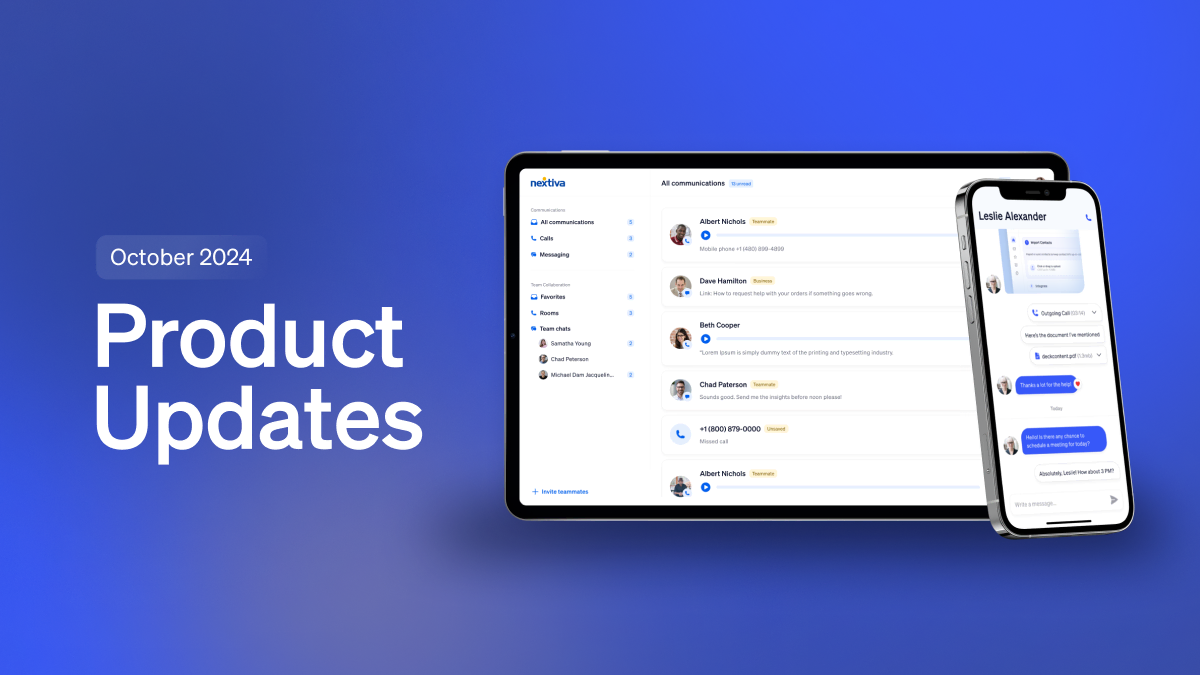Nextiva Blog
Expert-backed resources on everything you need to acquire, retain, and grow your customers.
Our latest posts
-

A Customer Service Experience That Sparks a Dopamine Rush
-

What Is a Hosted Predictive Dialer? Everything You Need to Know
-

Best Practices for Building and Managing Your Service Desk
-

February Product Update: Enhanced Reliability & Lead Management
-

Personalized Customer Experience: Tips, Examples, + Strategies
 Customer Experience
Customer Experience

Actionable strategies to deliver memorable experience every time. Follow our guides to elevate your customer experience to retain more and grow faster.
 Productivity
Productivity

These no-fluff guides go deep into ways to maximize your time to get more done — simple as that. Apply these actionable tips to unlock even more success.
 VoIP
VoIP

As the leader in Voice over Internet Protocol (VoIP), Nextiva has everything you’ve ever wanted to know, including phones, technical guides, and more.
Valuable Resources for Your Success
PLATFORM WORTH
BETTING ON
The Power of CX in Driving Business Growth in 2025


Virtual Summit:
🔸 Kate Hodgins
🔸 Ben Kirchner
🔸 Jake McCurdy
🔸 Irwin Laza
🔸 Wayne Butterfield
🔸 Jeannie Walters
Top Strategies for Unified Customer Experience Management


Ben Kirchner
Senior Manager, Product Marketing, Nextiva
ACHIEVE
INSPIRE
 Marketing & Sales
Marketing & Sales

Grow awareness, build interest, and close more sales. No-fluff marketing and sales advice to generate leads and collect more revenue from experts.
 Leadership
Leadership

Help your team perform their best with battle-tested leadership skills. These guides offer practical advice and research on how to increase performance.
 Business Communication
Business Communication

Level up your knowledge with business communication tips and examples to improve performance. Optimize your team and customer interactions.
 Nextiva News
Nextiva News
Follow the latest Nextiva product updates and inside perspectives on Unified-CXM. For company announcements, visit Nextiva Company News.
More from Nextiva
The 15 Best Customer Experience (CX Software) in 2025
Hiring Contact Center Agents? Everything You Need to Know
Open-Source Help Desk Software Systems You Should Try
Top Benefits of Integrating Social Media With Your Contact Center
Asynchronous Communication: How to Make It Work for You
Videos





Experience the power of
Nextiva’s Unified-CXM Platform
Explore our on-demand demos to learn how you can create amazing customer experiences.






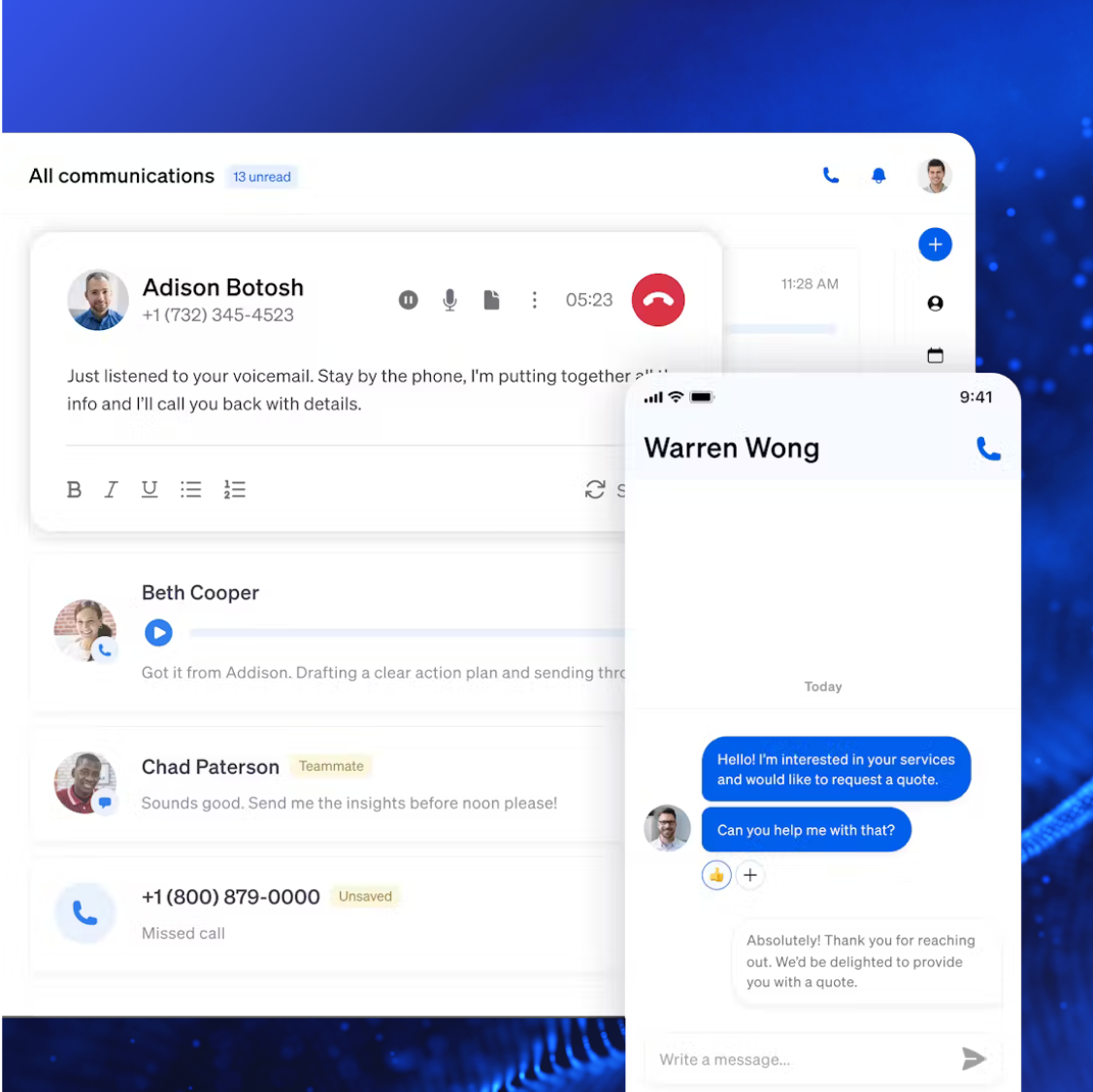

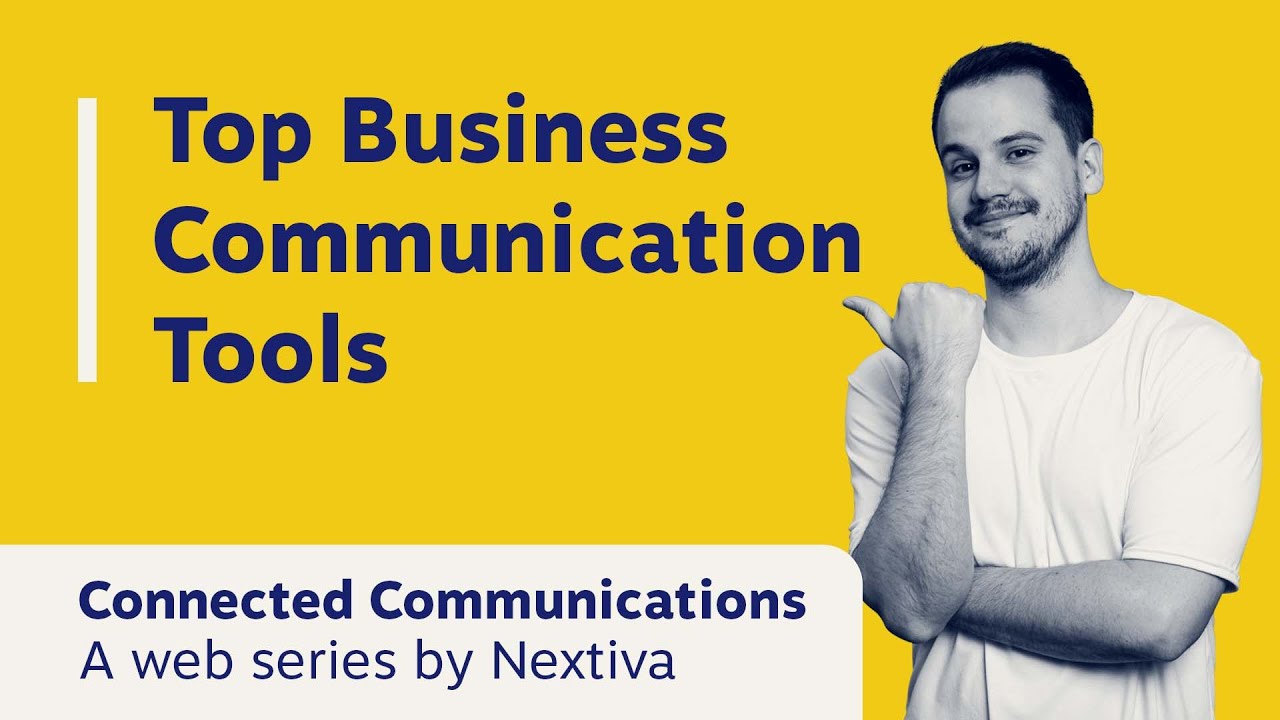








![10 Best Call Center Software [With Features]](https://www.nextiva.com/cdn-cgi/image/width=1300,height=732,fit=cover,gravity=auto,format=auto/blog/wp-content/uploads/sites/10/2024/08/call-center-software.webp)







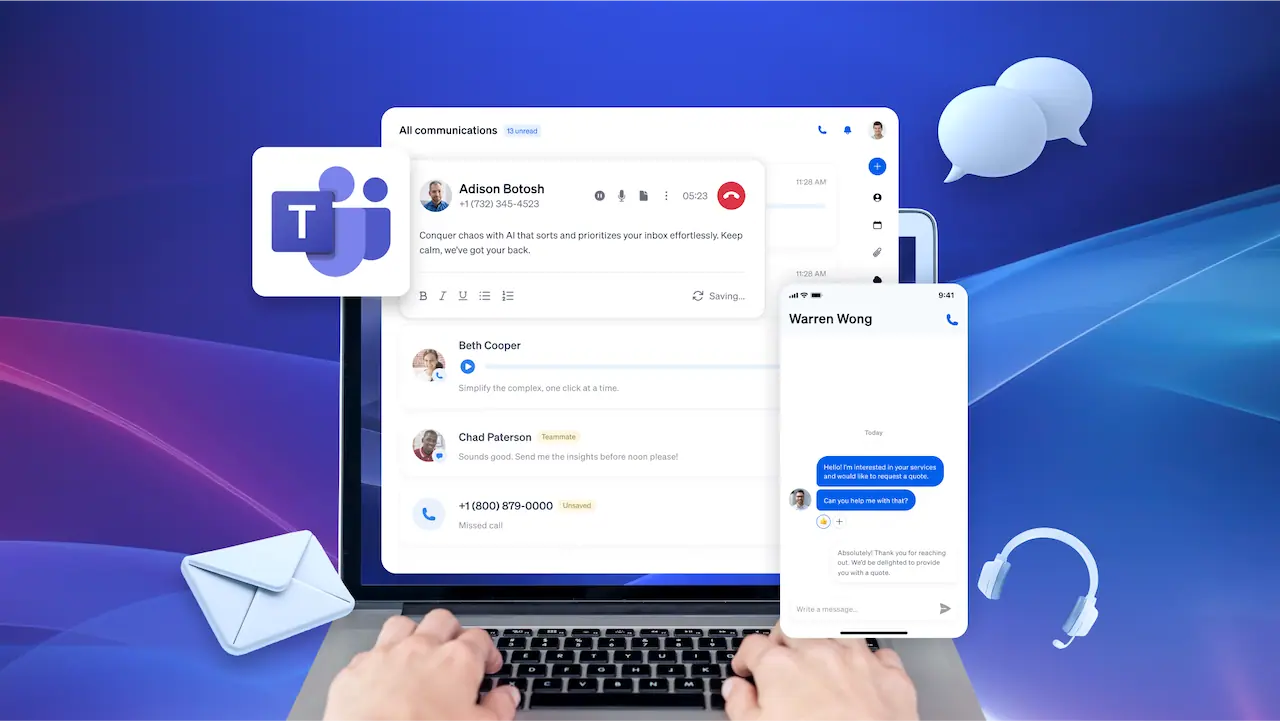

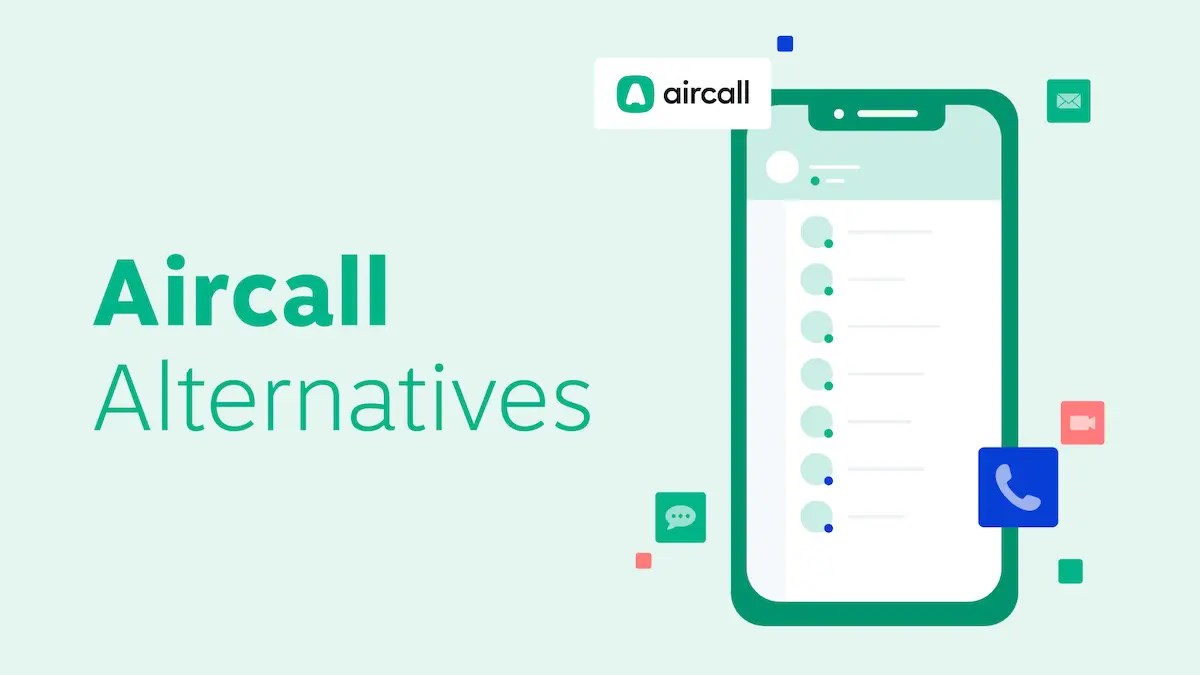


![How to Create a Communication Plan [+ Template]](https://www.nextiva.com/cdn-cgi/image/width=2000,height=1125,fit=cover,gravity=auto,format=auto/blog/wp-content/uploads/sites/10/2019/09/communication-plan-hero-1.jpg?resize=1536,864)






